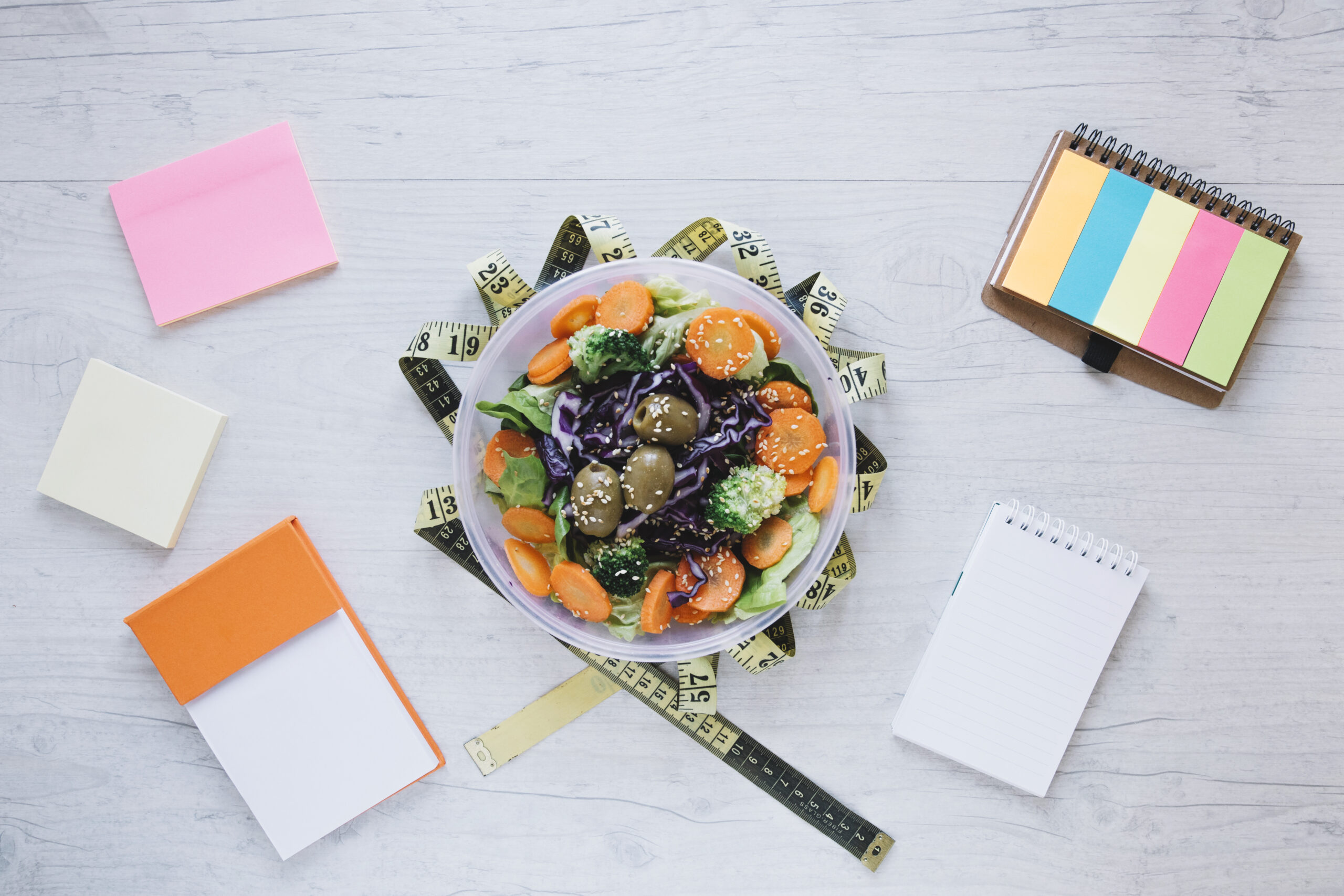Ways to Boost Gut Health with a Simple Diet: Complete Guide
Introduction
In recent years, gut health has become one of the most discussed topics in the health and wellness community. Scientists often call the gut our “second brain” because it impacts digestion, immunity, mood, and even overall well-being. The good news? You don’t need complicated supplements or expensive diets to improve it. With a simple diet, you can naturally boost your gut health and enjoy lasting benefits.
This guide explores the best, science-backed, and practical ways to boost gut health through simple dietary choices. Whether you’re busy, on a budget, or just beginning your wellness journey, these strategies are easy to follow and sustainable.
Why Gut Health Matters
Before we dive into diet changes, let’s understand why gut health is so important:
-
Digestion: A healthy gut breaks down food efficiently.
-
Immunity: About 70% of your immune system lives in your gut.
-
Mental Health: The gut-brain connection influences stress, anxiety, and mood.
-
Energy: Proper nutrient absorption gives long-lasting energy.
If your gut is unbalanced, you may experience bloating, constipation, fatigue, frequent illness, or mood swings.
1. Eat More Fiber-Rich Foods
Fiber is one of the simplest and most effective ways to improve gut health. It feeds the good bacteria in your digestive tract, helping them thrive.
Examples of High-Fiber Foods:
-
Fruits: Apples, pears, bananas
-
Vegetables: Broccoli, carrots, leafy greens
-
Whole grains: Brown rice, oats, quinoa
-
Legumes: Lentils, beans, chickpeas
👉 Tip: Gradually increase fiber intake to avoid bloating.
2. Include Probiotic Foods Daily
Probiotics are live bacteria that add diversity to your gut microbiome. Instead of relying on supplements, you can consume probiotic-rich foods.
Simple Probiotic Foods:
-
Yogurt with live cultures
-
Kefir
-
Sauerkraut
-
Kimchi
-
Pickles (fermented in brine, not vinegar)
-
Miso
Regular consumption helps reduce inflammation, improve digestion, and strengthen immunity.
3. Add Prebiotic Foods to Your Meals
Prebiotics are non-digestible fibers that serve as food for probiotics. In short, probiotics are the seeds, and prebiotics are the fertilizer.
Easy Prebiotic Sources:
-
Garlic
-
Onions
-
Bananas (especially slightly green ones)
-
Asparagus
-
Leeks
-
Apples
A diet rich in both probiotics and prebiotics creates a strong gut ecosystem.
4. Stay Hydrated
Water plays a crucial role in digestion and nutrient absorption. Dehydration can slow down metabolism and cause constipation.
👉 Aim for at least 8 glasses of water per day. Herbal teas and infused water with lemon, cucumber, or mint are also great gut-friendly options.
5. Limit Processed and Sugary Foods
Ultra-processed foods are often high in sugar, unhealthy fats, and additives that harm gut bacteria. Too much sugar promotes the growth of harmful bacteria and yeast.
Cut Back On:
-
Soft drinks
-
Fried fast food
-
Packaged snacks (chips, cookies, etc.)
-
Artificial sweeteners (aspartame, sucralose)
Instead, replace them with whole, natural, and minimally processed foods.
6. Eat Smaller, Balanced Meals
Overeating stresses the digestive system and can lead to bloating or indigestion. Eating smaller, nutrient-dense meals helps digestion and keeps blood sugar stable.
👉 Try the “plate method”: half vegetables, a quarter lean protein, and a quarter whole grains.
7. Prioritize Fermented Foods
Fermented foods are not only rich in probiotics but also improve nutrient absorption.
-
Kombucha (fermented tea)
-
Tempeh (fermented soy)
-
Natto
-
Fermented dairy (buttermilk, kefir)
Adding just one serving a day can make a noticeable difference in gut health.
8. Manage Stress with Food & Lifestyle
Your diet alone won’t fix gut issues if you’re constantly stressed. Chronic stress disrupts gut bacteria and slows digestion.
Stress-Busting Foods:
-
Green tea
-
Dark chocolate (70% or higher)
-
Berries
-
Nuts & seeds
Pair these with lifestyle habits like deep breathing, meditation, or yoga.
9. Get Enough Sleep
Sleep directly affects the gut microbiome. Poor sleep increases inflammation and makes digestion sluggish.
👉 Aim for 7–9 hours of quality sleep per night to give your gut time to heal and reset.
10. Practice Mindful Eating
Eating too fast or while distracted leads to poor digestion. Slow, mindful eating allows your stomach and gut bacteria to do their job effectively.
Tips:
-
Chew thoroughly (20–30 times per bite).
-
Avoid eating on the go.
-
Put your phone aside during meals.
11. Include Healthy Fats
Not all fats are bad. In fact, some fats support gut health by reducing inflammation and aiding nutrient absorption.
Healthy Fat Sources:
-
Avocados
-
Olive oil
-
Nuts & seeds
-
Fatty fish (salmon, mackerel, sardines)
12. Experiment with Herbal Remedies
Some herbs naturally support gut health by reducing bloating and aiding digestion.
-
Ginger – improves stomach emptying.
-
Peppermint – relieves bloating.
-
Chamomile – calms the digestive system.
13. Avoid Unnecessary Antibiotics
Antibiotics kill both harmful and beneficial bacteria. Overuse leads to gut imbalance. Always consult a doctor before taking them, and replenish probiotics afterward.
14. Stay Physically Active
Exercise supports healthy digestion and helps beneficial bacteria grow. You don’t need intense workouts—simple activities work too.
-
Walking after meals
-
Yoga for digestion
-
Cycling or swimming
15. Consistency is Key
The gut microbiome doesn’t transform overnight. Consistent diet and lifestyle changes lead to long-lasting results.
👉 Stick to these simple dietary habits daily for sustainable gut health.
Final Thoughts
Improving gut health doesn’t require complicated diets or expensive supplements. By focusing on simple dietary habits—fiber-rich foods, probiotics, hydration, and balanced meals—you can transform your gut health naturally.
A healthy gut means better digestion, stronger immunity, improved mood, and higher energy levels. Start small, stay consistent, and let your body thank you.














Post Comment